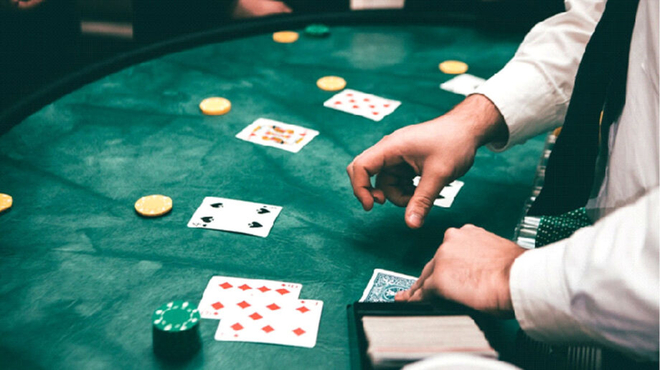Gambling is illegal in some countries, including the United States. The reason is that gambling is deemed to be a sin. Although no religion explicitly states that gambling is a sin, there are implicit moral codes in the laws of these countries, and gambling goes against them. However, modern societies generally agree that an outright ban on gambling is retroactive.
The federal law defines gambling as games involving chance. Poker is considered gambling, though federal law does not criminalize the game. In Texas, there are no specific laws against poker. In California, card clubs are legal, as is pari mutual horse wagering. However, gambling activities that are not sports betting are also illegal.
While the federal government does not ban gambling, most states regulate gambling activities. Casinos and other licensed venues are legal in 49 states. However, Hawaii and Utah ban the activity. While Nevada is a gambling haven, most other states only allow gambling at licensed casinos. Those states also regulate the activities of lottery operators.
Penalties for gambling offenses vary by state. A fine for a misdemeanor offense is typically between a few hundred dollars and a thousand dollars. The fine for a felony offense is much more severe. In addition, anyone who facilitates gambling can face prosecution. However, there are many ways to avoid being prosecuted for gambling crimes.
Gambling activities can be classified into two types: gambling and social gambling. Gambling involves games where you can win a prize, property, or a combination of both. In some cases, it is illegal to hold a “casino night” party where people pay to attend. If the players are equal, “social gambling” is legal.
Gambling activities can occur in a casino, bookmaker, or online. It is important to research gambling activities before you start participating. Most states consider gambling to be a misdemeanor, but Washington State and Washington, DC recognize it as a felony. If you are caught, you may face a fine or even jail time. However, in most cases, minor gambling offenses are misdemeanors and don’t warrant a criminal conviction.
If you are planning to participate in gambling activities, you should consult a California attorney for legal advice. California gambling laws can be complicated. Consult an attorney who specializes in the area of gambling. For example, the state’s gambling laws permit casinos on Tribal Indian land, and card clubs that charge players a fee. Similarly, pari-mutuel horse betting is legal.
Gambling is not illegal for charitable purposes in California. However, it is illegal for businesses to place gambling machines in public places. In some cases, these machines may look legitimate, but they are not. There are also certain businesses that solely focus on illegal gambling activities. These are known as underground casinos. These businesses offer everything a legitimate casino would have to offer, but are not state-licensed.
Californians have a long history of gambling and are known for being a ‘liberal’ state. Issues affecting gambling and lottery gambling often generate national debate. This state is also one of the largest lottery customers in the nation. There are also some games that are legal to play in California, and the state permits many private games.

